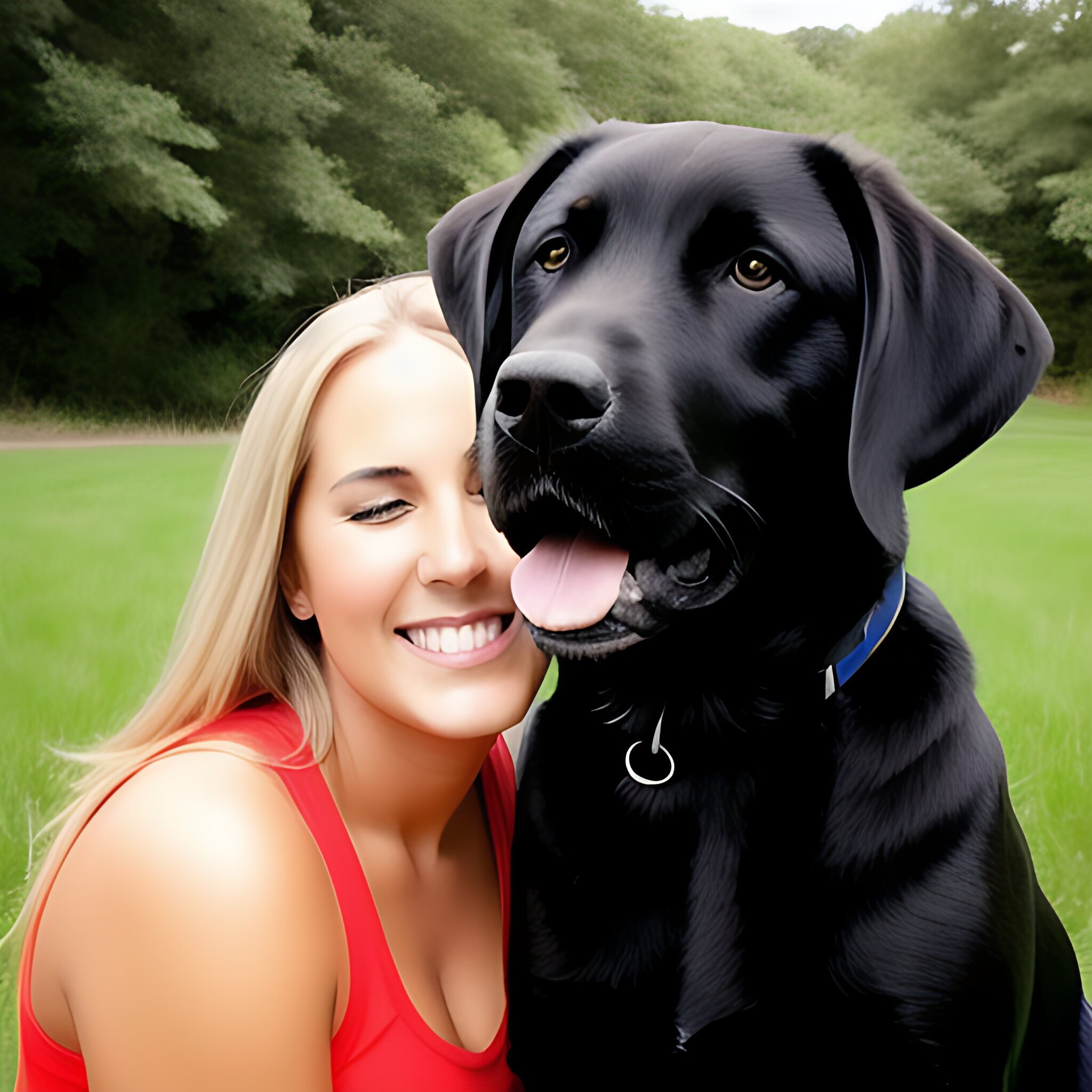How to Potty Train a 2 Month Old Puppy
When it comes to raising a Labrador puppy, there are certain situations where it’s best to call in the help of a professional. Whether it’s behavioral issues, health concerns, or specialized training needs, seeking expert advice can make a world of difference. In this article, I’ll guide you on when to consider reaching out for professional assistance with your Labrador.
Potty training is an essential part of early puppyhood, and starting off on the right foot is crucial. If you have a 2-month-old Labrador pup and you’re feeling overwhelmed or unsure about how to proceed with potty training, don’t worry – I’ve got you covered! In this article, I’ll provide you with practical tips and strategies that will set you and your furry friend up for success.
So whether you’re wondering when it’s time to seek professional guidance for your Labrador or need some expert advice on potty training your 2-month-old pup, keep reading to find all the answers you’re looking for. With the right knowledge and support, you’ll be well-equipped to navigate through these challenges and enjoy a harmonious relationship with your beloved four-legged companion.
Signs it’s Time to Call a Professional
When it comes to raising and training a Labrador puppy, there may come a time when you need to seek the assistance of a professional. While many dog owners are capable of handling basic training and care on their own, there are certain situations where expert guidance can make all the difference. Here are some signs that indicate it’s time to call in a professional:
- Persistent Potty Training Challenges: Potty training is an essential part of teaching your puppy proper bathroom behavior. However, if you find yourself struggling with consistent accidents even after diligently following potty training techniques, it might be beneficial to consult with a professional trainer or behaviorist. They can assess the situation, identify any underlying issues, and provide tailored strategies to address your specific challenges.
- Aggressive Behavior: If your Labrador puppy displays signs of aggression towards people or other animals, seeking professional help is crucial. Aggression can stem from various factors such as fear, territoriality, or improper socialization. A trained professional will have the knowledge and expertise needed to assess the root cause of the aggression and guide you through effective behavior modification techniques.
- Excessive Destructive Behavior: Labrador puppies are known for their boundless energy and curiosity, but destructive behavior beyond normal teething and exploration can be concerning. If your puppy consistently engages in excessive chewing or destructive behaviors like digging up furniture or walls, it may be necessary to involve a professional trainer who can provide guidance on redirecting their energy into more appropriate outlets.
- Difficulty with Basic Commands: Teaching your puppy basic commands like sit, stay, and come is fundamental for their safety and obedience. However, if your attempts at training seem futile or if your Labrador constantly ignores commands even after repeated practice sessions at home, enlisting the help of a professional trainer can ensure that your dog learns these vital skills effectively.
- Overwhelm or Lack of Progress: Training and caring for a Labrador puppy can be overwhelming, especially for first-time dog owners. If you feel stuck, frustrated, or unsure of how to proceed with your training efforts, seeking professional guidance can provide you with the reassurance and knowledge needed to make progress.
Remember, calling in a professional doesn’t mean you are failing as a pet owner. On the contrary, it demonstrates your commitment to providing the best care and training for your Labrador puppy. By recognizing these signs and taking proactive steps, you’ll set yourself up for success in raising a well-behaved and happy furry companion.

Choosing the Right Professional for Labrador Training
When it comes to training your Labrador, sometimes seeking the assistance of a professional can be highly beneficial. Not only do they have the expertise and experience, but they also understand the specific needs and behaviors of Labradors. But how do you choose the right professional for your furry friend? Let’s delve into some key factors to consider:
- Credentials and Experience: Look for professionals who have extensive credentials and a solid track record in Labrador training. Seek out trainers who are certified by reputable organizations or have relevant qualifications in animal behavior and training. Additionally, consider their years of experience working specifically with Labradors.
- Positive Reinforcement Techniques: It’s important to find a professional who utilizes positive reinforcement techniques in their training methods. This approach focuses on rewarding desired behaviors rather than punishing unwanted ones, creating a more enjoyable learning experience for your Labrador.
- Specialization in Puppy Training: If you’re looking to potty train a 2-month-old puppy, it’s crucial to find a trainer who specializes in puppy training. Puppies require unique approaches and gentle guidance during this critical stage of development.
- Personalized Approach: Each dog is different, so finding a trainer who takes an individualized approach is essential. Look for someone who will tailor their training methods to suit your Labrador’s personality, temperament, and specific needs.
- Positive Reviews and Recommendations: Take the time to read reviews from previous clients or ask for recommendations from other dog owners you trust. Hearing about others’ experiences can give you valuable insights into the effectiveness of a particular trainer.